I recently came across an article that was titled something like, “Why Cash is Still King.” Of course, being a part of the engagement and incentive industry and knowing the opposite to be true, this article caught my eye. As I started reading, I realized the author was talking about daily life instances where extra cash would be helpful – at a produce stand, giving tips, etc. – things that cannot be replaced by swiping a card.
This article, like so many others with similar titles, gets into people’s minds and plants a seed that cash is desired (and who knows compared to what exactly, based on that title) over anything else. While the phrase “Cash is king!” may be true when it comes to areas like finance and investment, it’s not that way when it comes to incentive programs.
After digging deeper to see what others are saying about cash as a performance motivator, it seems to still be a major topic of interest in the sales incentive world. Do we still need proof that cash is actually not king when it comes to incentives and rewards?
We wrote an article a while back, along with several others, addressing how employees think they want cash, but tangible rewards are actually more effective. And the information still proves true today:

Most people want cash because they think they will be able to do whatever they want with it; treat themselves to something special, something they wouldn’t buy for themselves. In their minds, recipients have pinpointed exactly what they will use that money for. The problem is, that’s usually not how it ends up working out.
- Most people roll the sums of compensation, bonuses, and their cash rewards together mentally so that cash becomes mundane. This not only sets up an expectation of the same, year after year, it also reduces the effectiveness of an incentive.
- There are bills to be paid and expenses lined up. Research shows that most of the time, a cash incentive goes to daily expenses like bills, gas, food – things that are gone in a flash. The reward gets lost in the day-to-day costs of life and forgotten forever.
- While a program winner may brag about going on the annual incentive trip to a tropical location or a special merchandise item redeemed, they are not nearly as likely to boast about the check they received and how much it was for. Because it’s frowned upon for employees to talk about the cash reward in anticipation and celebration, companies lose the opportunity to extend the excitement.
I’m sure we all could use a little extra cash to help out with the cost of daily life, but it’s much more memorable to go on a trip or select a coveted award with trophy value. These types of rewards have a lasting effect that strengthens the bonds between an organization and its people and drives home the company values.
For more in-depth information on this topic, with statistics and charts to make the case, view our full paper here: https://nxlperformance.wpengine.com/resource/choosing-effective-incentive-rewards-cash-non-cash/



